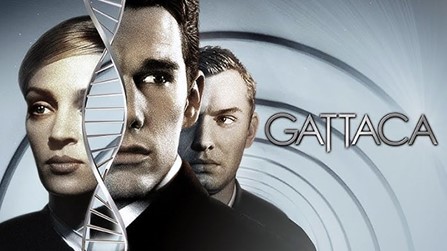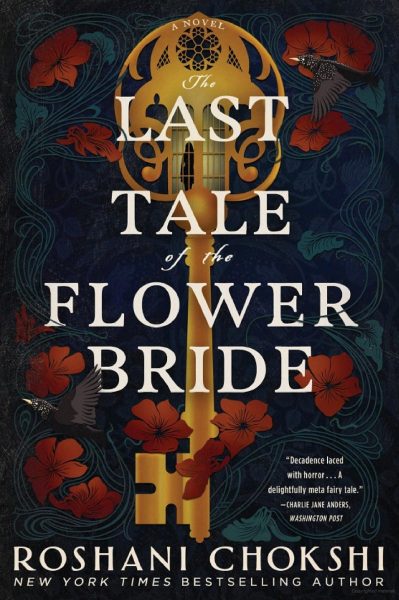David Bowie’s “Blackstar”
David Bowie was always one for artistic endeavors that transcended mere music. From movies to theatre to fashion, David Bowie has always shown, again and again, that he is always full of surprises and new tricks. This time, however, his creative mind has seized and conquered a very new and unexpected medium: his own death. David Bowie kept his illness a secret right until the day he died. Even more impressive is that he used his impending death as the concept of his last album, Blackstar.
Musically, the album is very impressively modern. David Bowie shows, yet again, that he was always youthful in spirit and could stay cutting edge, even at 68 years old. Producer Tony Visconti has said that influences for the album include Kendrick Lamar, electronic group Boards of Canada, and experimental hip-hop trio Death Grips. The influences definitely show, but in a way that is uniquely Bowie. There’s no imitation to be found here.
Blackstar combines crisp electronic music with jazz, blending together and making sounds that are both lush and chaotic. The first single from the album, the title track, showcases this combination particularly well. The track melds smooth yet off-kilter jazz drumming and hazy yet menacing electronic production. Saxophonist Donny McCaslin cuts through the haze of jazztronica and solos, sometimes sounding soulfully consonant and sometimes sounding fittingly dissonant. Then it all cuts away to what sounds like Glam era Bowie fitted with jazz, electronic music and Gregorian chant. David Bowie’s vocal performance in this song is very esoteric, singing “I’m a Blackstar,” over and over again.
The rest of the album sounds similar enough to connect it all sonically and nicely, but by no means is this album a one-trick pony. Transitioning directly from the mystic sounding title track, the album’s second song is an upbeat jazzy number with synthesizers that coat the whole song in a lush, neon palette. The lyrics seem to be talking about death in a very humorous, almost sassy way. Death is hurting him; it’s emasculating him, and it’s really making him feel defeated. The music, while sometimes upbeat, brings forth feelings of depression, reflection, and madness: all feelings that are very appropriate when facing one’s own death.
The album’s lyrics are all the thoughts of a dying man. With lyrics like “how many times does an angel fall?” and “I’m the great I am,” Bowie wrote a genuine epitaph. David Bowie knew he was going to die soon, and he did what only he could do–he made music. Not only did he take the music of today and filter it through him, but he also wrote a concept album about his death. And he kept it a secret from the public until it happened, probably to avoid the album getting hype for the wrong reasons. He wanted the music to blow everyone away, and then he wanted us to see the hidden epitaph. He didn’t just make the music; he made his life into art in his last days of life.
With metaphors in music videos, a concept album about his demise, and a secret kept literally to the grave, David Bowie turned his death into art. A swansong. One last go for the fans, as well as for himself. Blackstar has sealed David Bowie’s legacy as a true artist as well as a very genuine human being.
Rating: 8.5/10





